The Gremlins
aka The Germlins
Former Embers stalwart Glyn Tucker was just in his 20s but already an industry veteran when he formed The Adventurers in early 1965 with Paddy McAneney (guitar), Peter Davies (guitar), Roger Wiles (drums) and Ben Grubb (bass).
During April 1965 they changed their name to The Gremlins and in mid-year the group recorded their first single ‘But She’s Gone’/‘Don’t Ya’ on the Allied International label.
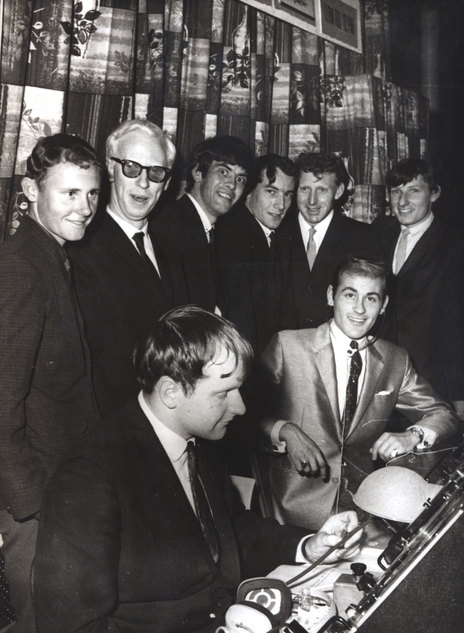
Peter Sinclair and Sunset Show producer Johnny Douglas broadcast from the Galaxie, Auckland, with The Gremlins. Clockwise from top left: Roger Wiles, Johnny Douglas, Ben Grubb, Peter Davies, Paddy McAneney, Glyn Tucker, Peter Sinclair, and Alex Behrens of Terry and the Nitebeats.
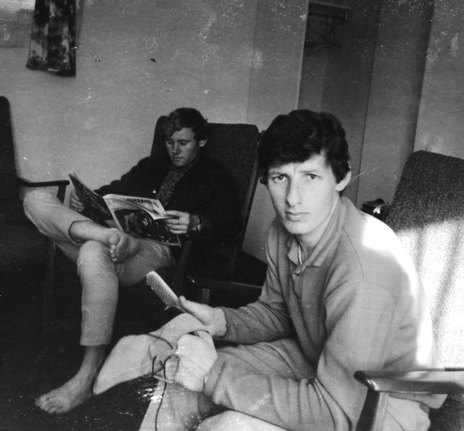
Glyn polishing his gold suede shoes on tour with The Gremlins in 1967. Drummer Roger Wiles is in the background.
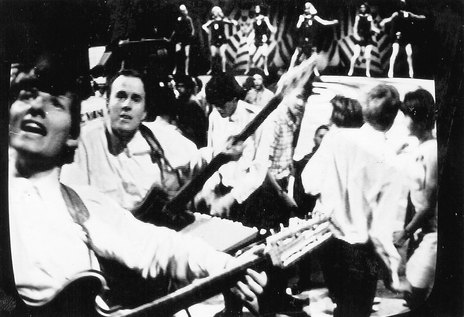
The Gremlins on C'mon
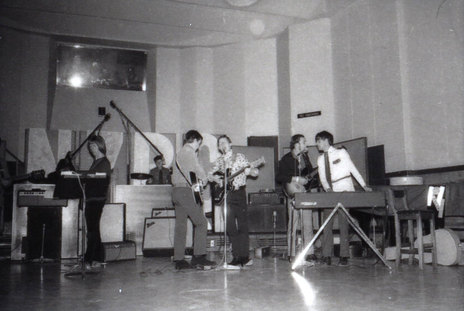
The Gremlins at the NZBC Radio Workshop in Durham Lane West, Auckland, during the recording of the radio show Popalong Special in 1967
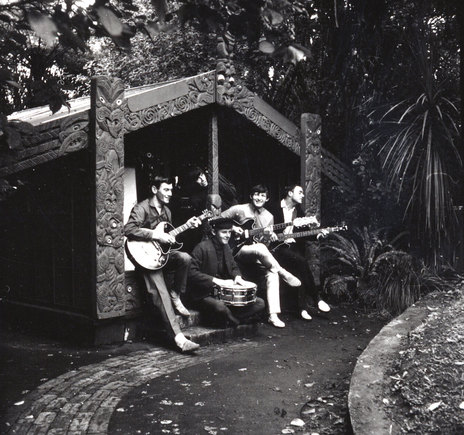
The Gremlins in an unused 1967 publicity shot
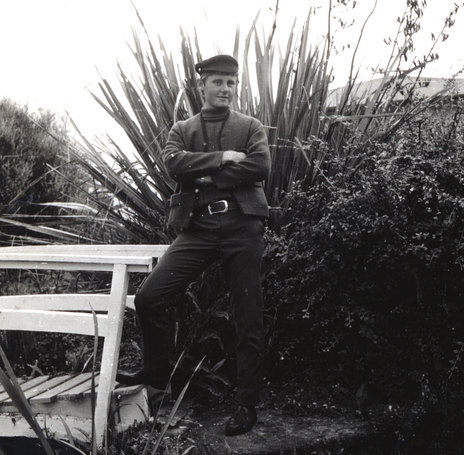
Roger Wiles, 1967
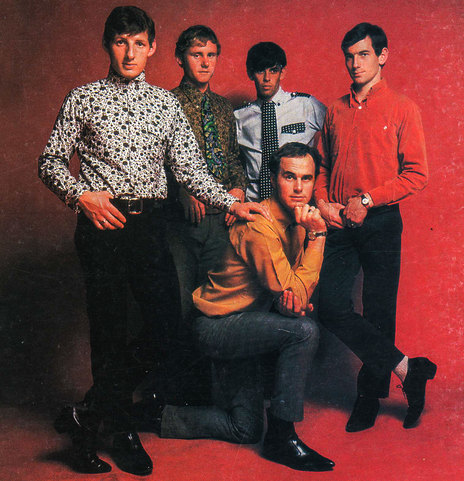
A rare colour shot of The Gremlins
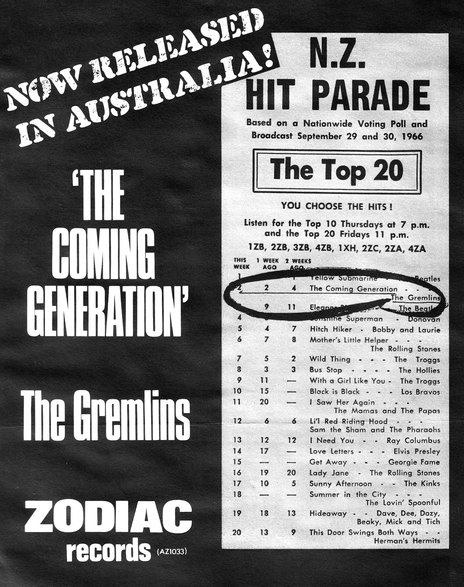
Australian poster
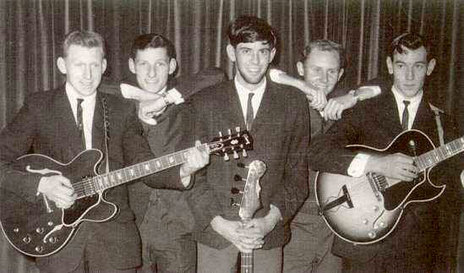
The Gremlins, 1965: Paddy McAneney, Glyn Tucker, Ben Grubb, Roger Wiles and Peter Davies
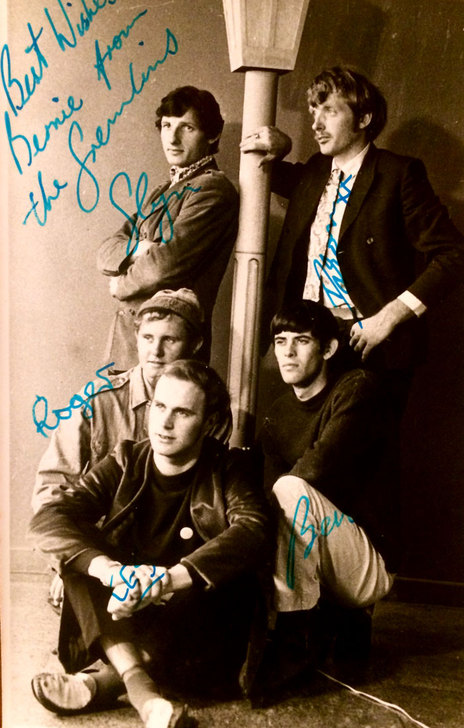
The Gremlins
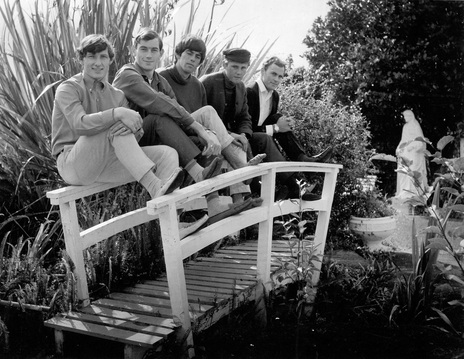
Glyn Tucker, Peter Davies, Ben Grubb, Roger Wiles, Ces Good
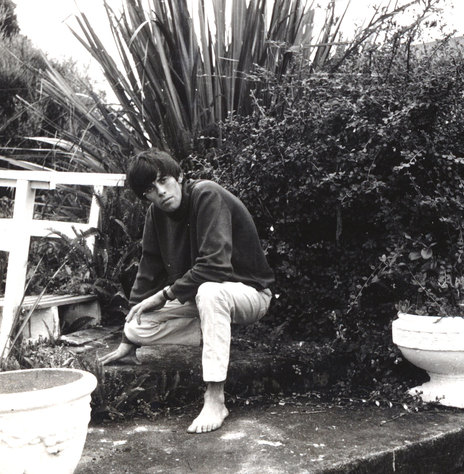
Ben Grubb, 1967
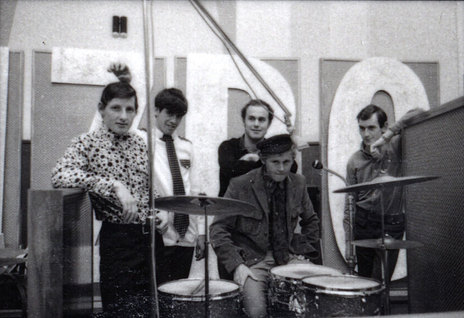
The Gremlins at the NZBC Radio Workshop in Durham Lane West, Auckland, during the recording of the radio show Popalong Special in 1967
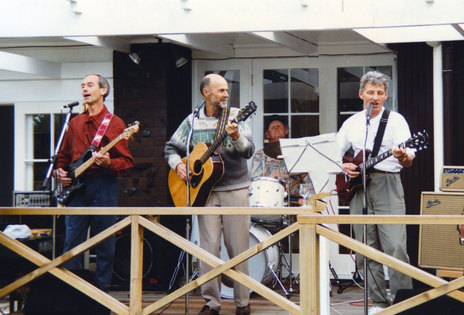
The Gremlins reunited in 1995

Glyn Tucker Jnr at an informal Gremlins reunion in 1995
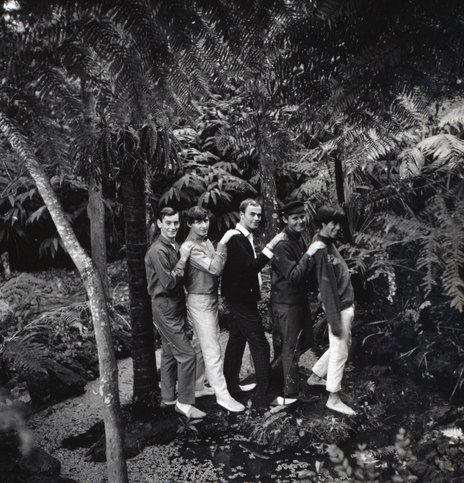
An outtake from a 1967 photo shoot: Peter Davies, Glyn Tucker, Ces Good, Roger Wiles and Ben Grubb
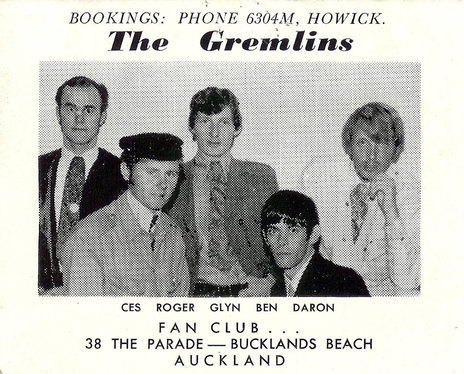
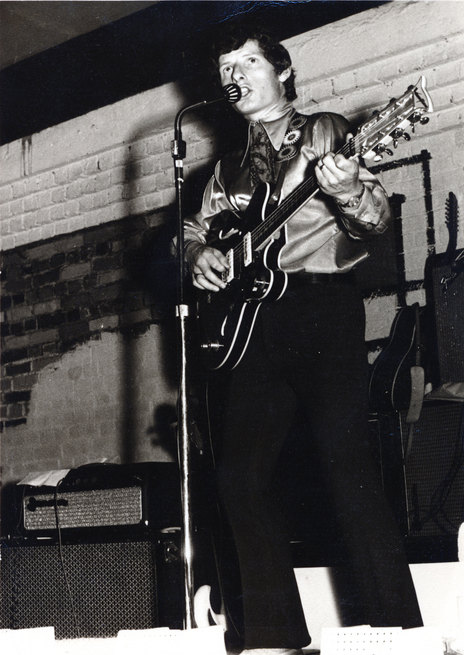
Glyn Tucker Jnr with The Gremlins, 1968
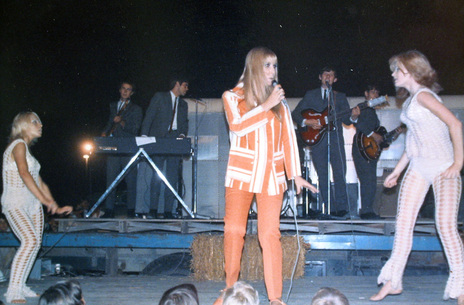
Sandy Edmonds with The Gremlins
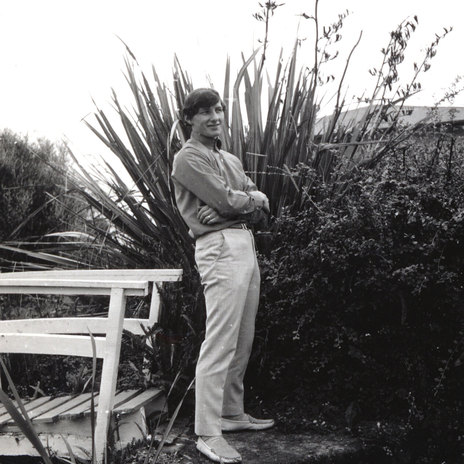
Glyn Tucker, 1967
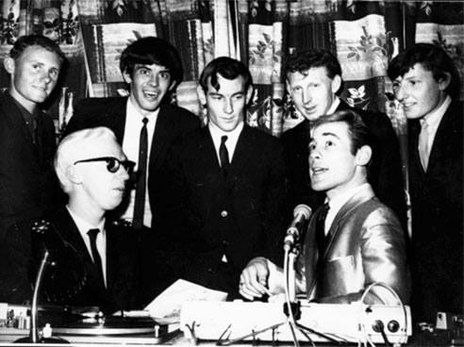
The Gremlins with Peter Sinclair and Johnny Douglas, Radio NZ producer. From left: Roger Wiles, Johnny Douglas, Ben Grubb, Peter Davies, Paddy McAneney, Peter Sinclair, Glyn Tucker.
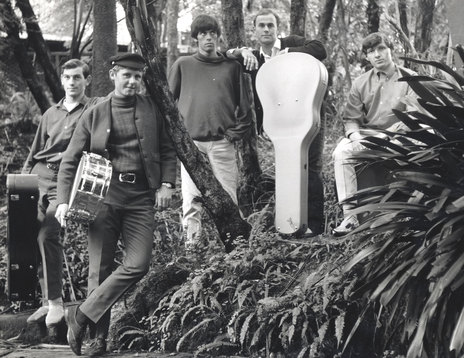
Peter Davies, Roger Wiles, Ben Grubb, Ces Good and Glyn Tucker, 1967
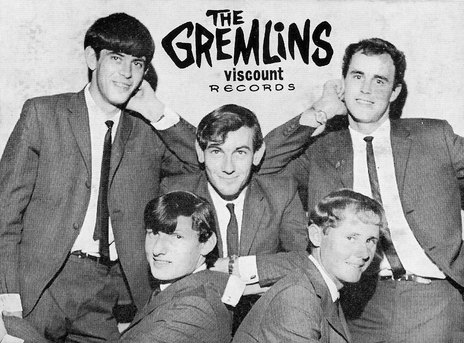
The Gremlins
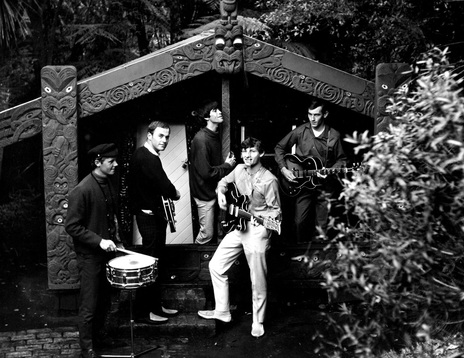
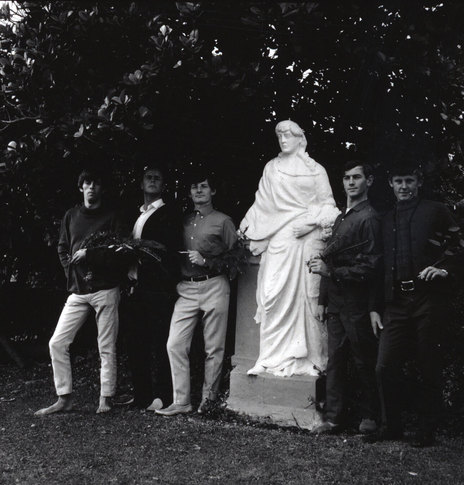
The Gremlins in a publicity shoot outtake, 1967
Members:
Paddy McAneney - lead guitar
Ces Good - lead guitar
Peter Davies - guitar
Daron Curtis - guitar
Roger Wiles - drums
Ben Grubb - bass, keyboards
Discography